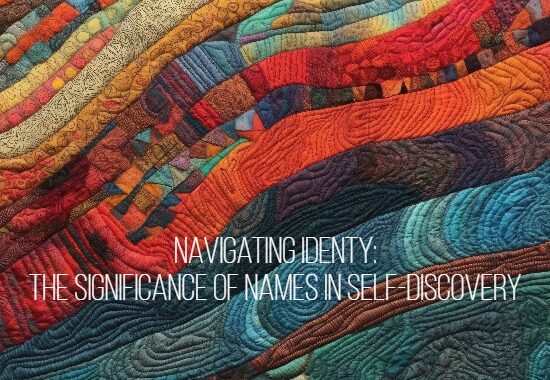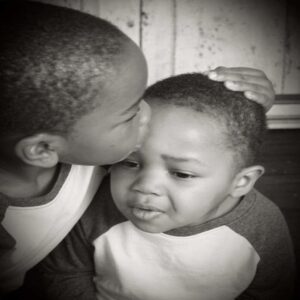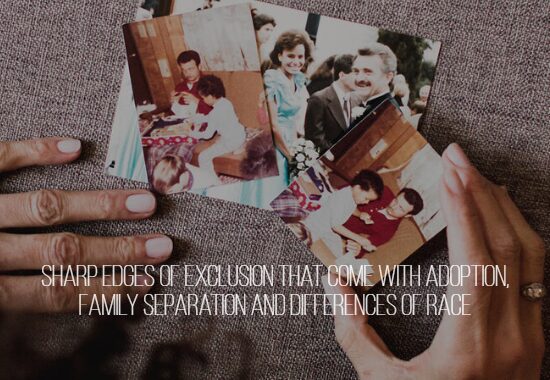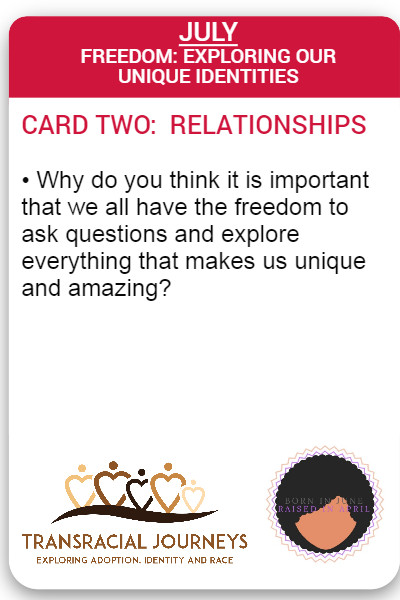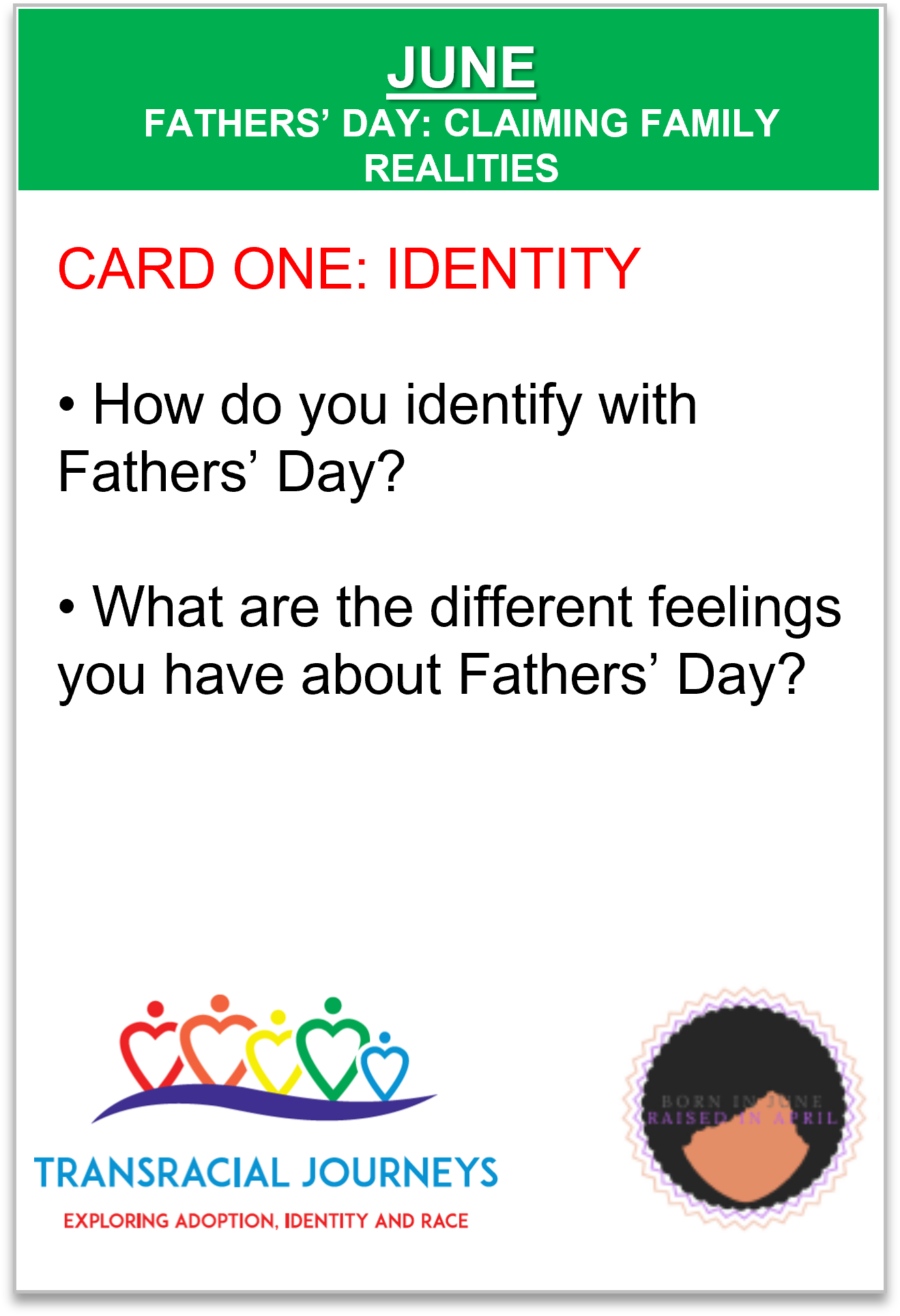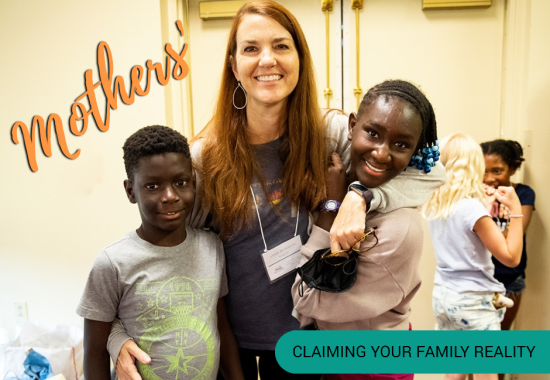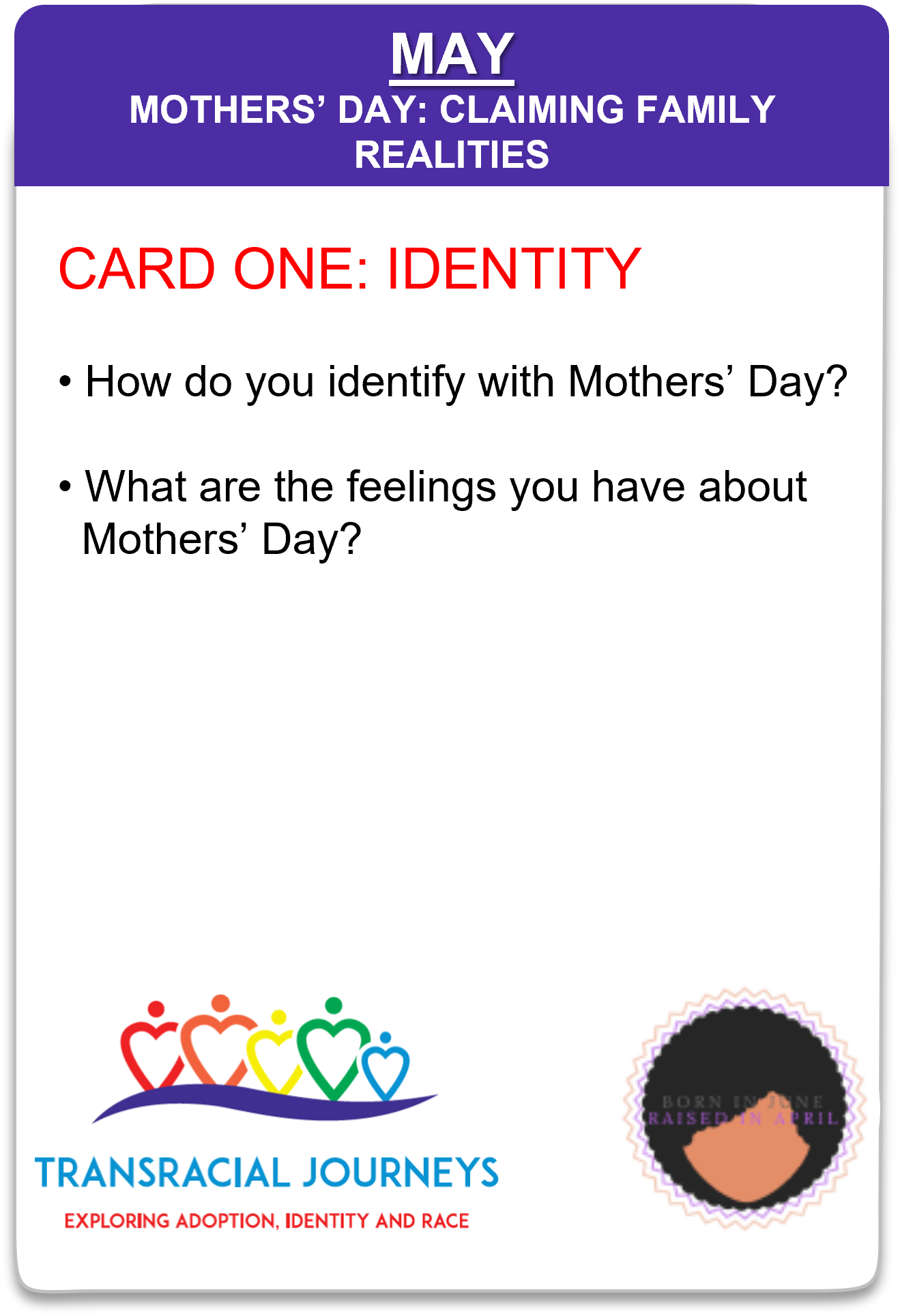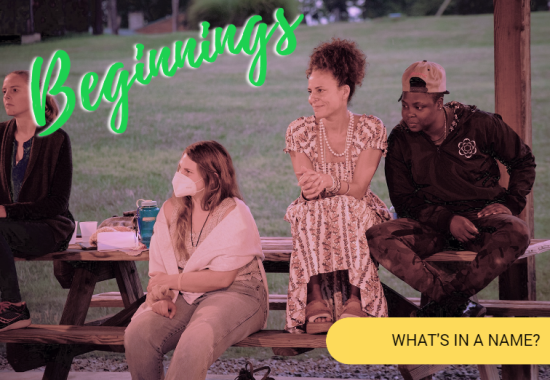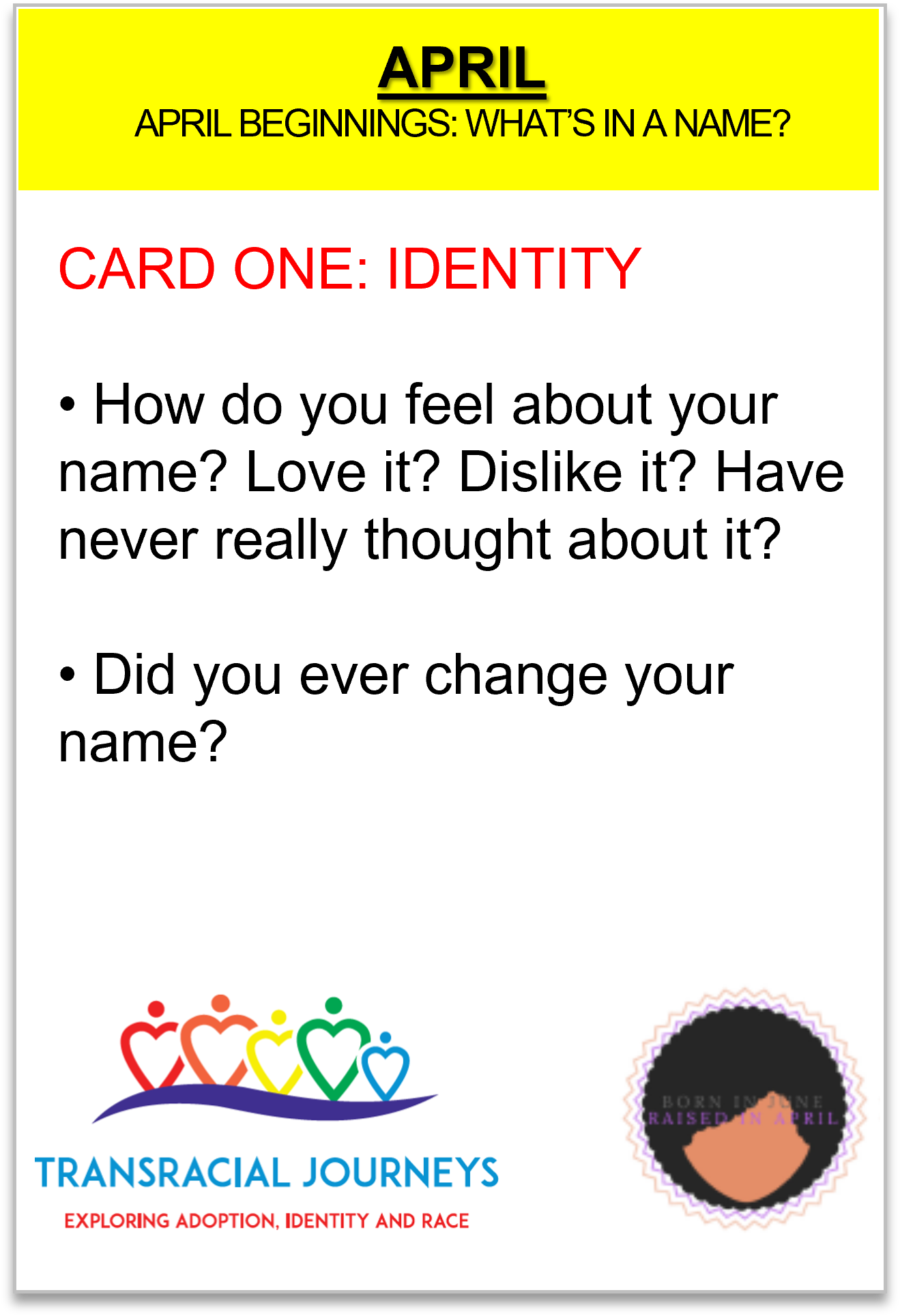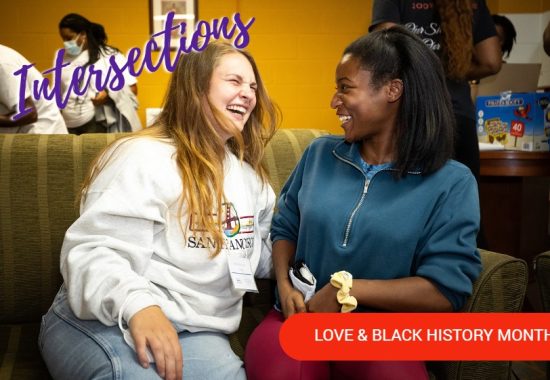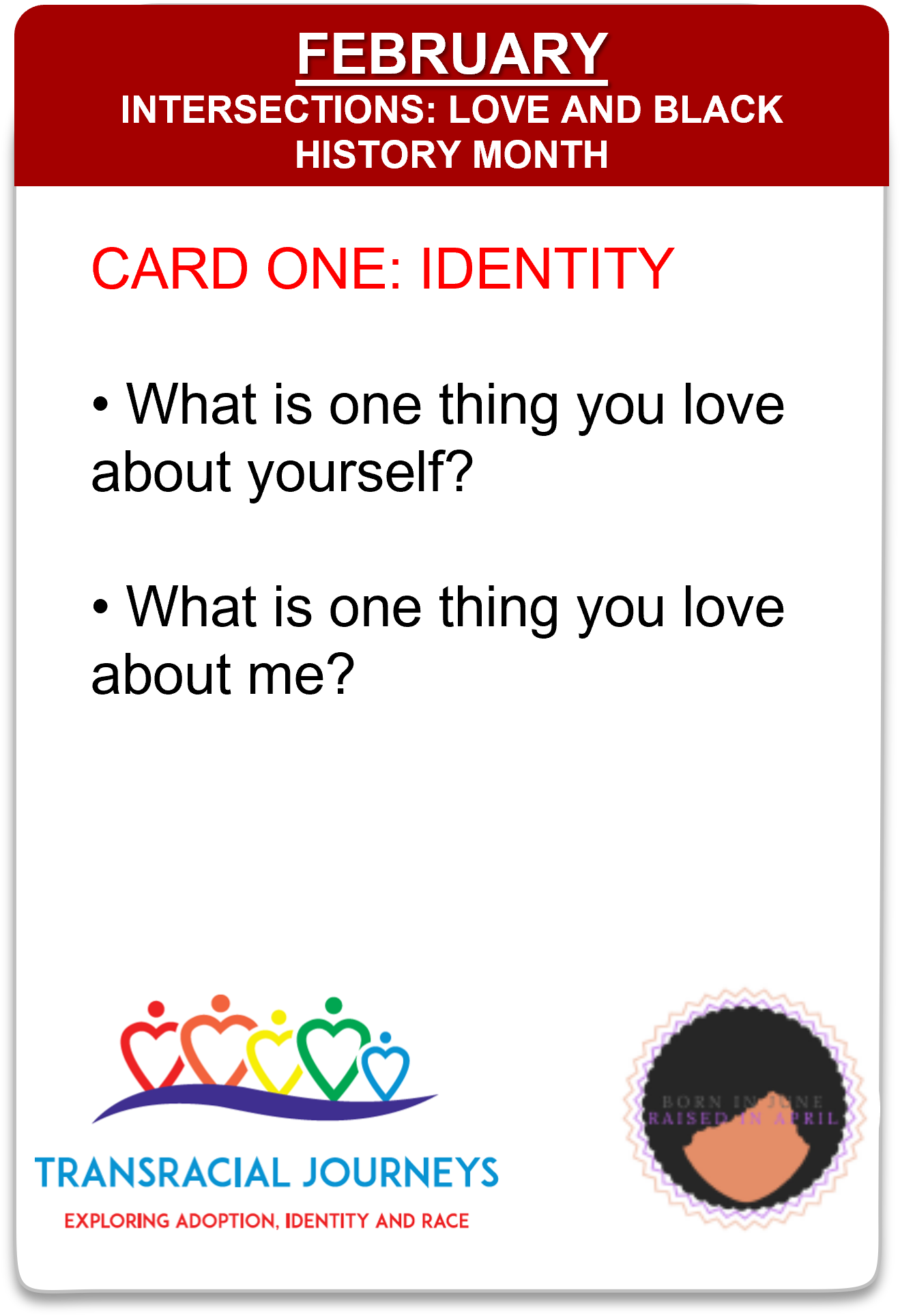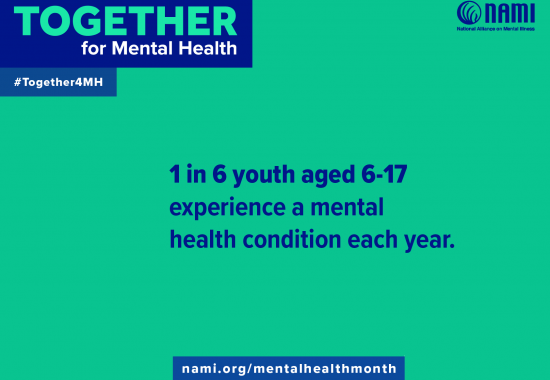By Cj Rosenstiel
In the intricate tapestry of identity, our names are the first threads, weaving the fabric of who we are. They carry history and significance, shaping our sense of self from birth. But what if the name we're given doesn't quite fit? This question sparked my journey of self-discovery, delving into the essence of being and my place in the world. Despite multiple legal name changes, none felt right, prompting a deeper exploration.
When my partner, Jennie, and I welcomed our boys into our family, we knew their first names would remain unchanged. However, understanding the importance of cohesion and security, we opted for matching last names. This decision was crucial, providing a safety net for our young sons, especially our eldest, who was prone to wandering.
Embracing tradition and heritage, we decided on Hebrew names for our boys. Giving our eldest the agency to choose his Hebrew name empowered him to assert his identity. Jennie and I incorporated parts of their Hebrew names into their middle names, a collaborative process that reflected our family's journey of exploration and understanding.
Now, aged 12 and 10, both boys are aware of their full names given by their mother of origin. They understand the significance of names in shaping identity and know they have the freedom to explore and redefine themselves. Supporting their journey of self-discovery is paramount to us, as we hope they find names that are a perfect fit—a true reflection of who they are.
In our family, names are not just labels but symbols of individuality and belonging. They remind us of the complexities of identity and the power of self-discovery. As we navigate this journey together, our hope is that our sons embrace their names with pride, knowing they signify not only where they come from but also who they aspire to be.
Bio
Cj works in IT doing telephony project work at Progressive by day, advocating for trauma-informed care in public schools and as a board member of Transracial Journeys, he contributes to fostering understanding in transracial adoption communities. Together with his partner Jennie, Cj lovingly parents two transracially adopted boys by night, showcasing his commitment to family and inclusivity.
This post is from our April, 2024, newsletter. If you would like to get our newsletter in your inbox each month, as well as information about our annual Transracial Journeys Family Camp and our monthly Zoom call to provide support for our transracial adoption parents please subscribe.

